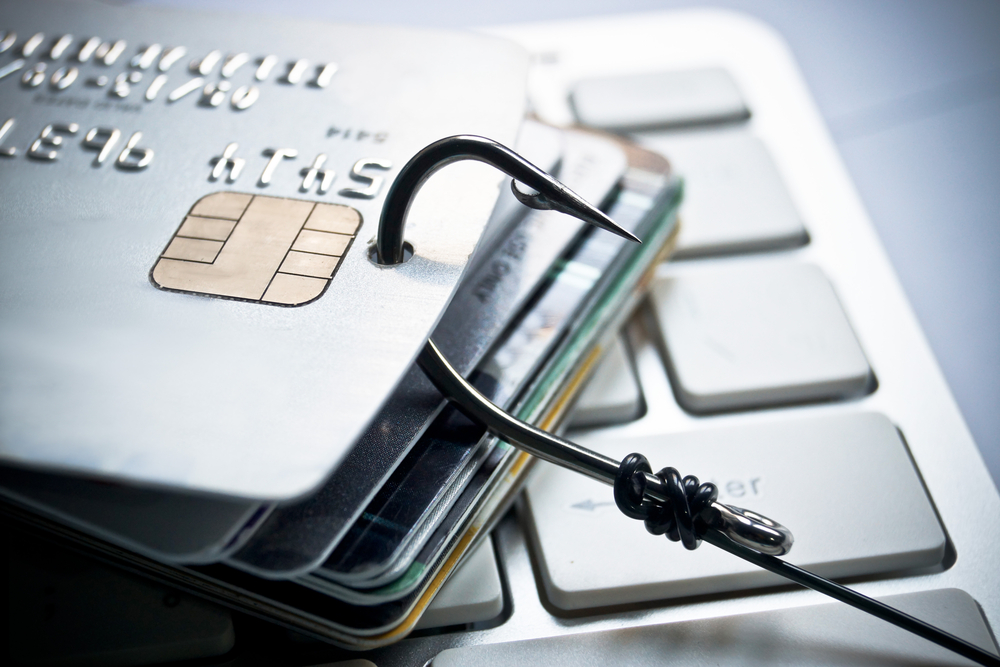
As we continue to share more of our personal information via our phones - whether it’s personal photos on Instagram, rating the restaurant we’re eating in right now, or paying for a purchase online - mobile security has become an increasingly serious issue.
We all want love the convenience that mobile brings, but equally, we want to make sure that our sensitive personal data is protected from online fraudsters, petty thieves and hackers.
Improving your mobile security is easier than you think, and anyone can boost their level of protection by carrying out a few simple steps:
Pay Attention to Passwords
Your first line of defense in the event of a stolen phone? An entry PIN. All mobile phones come with this security feature, allowing you to set up a PIN, password, or finger-drawn pattern on your touchscreen in order to gain access to your phone.
This first line of defense should be strong, as should all of your other phone passwords. Always avoid common number or letter sequences, like 1234 or 1111. Combinations of upper and lower case letters, numbers and symbols make for far more effective passwords, and you should aim to use these for all of the personal features of your mobile, including apps.
Stay Up To Date
Software updates can seem like a nuisance, but it’s incredibly important that you keep your device up to date with the latest settings and software patches. Make sure your phone is set to alert you whenever a new software update becomes available, and don’t ignore these alerts when they pop up.
When developers come across any weak links in their software they issue these updates to improve it and protect your phone from future issues. Because security threats are always changing, your phone’s software needs to too. Make it a habit to update your phone whenever you’re alerted to the latest software version.
Get Used to Backing Up
Anyone who’s lost a mobile that hasn’t been recently backed up to another device will know just how much of nightmare it can be. Lost contacts, downloads, photos, passwords - all can be avoided when you backup your personal data. Do this regularly and in the event of data loss or the loss of your phone you won’t be so negatively impacted.
Choose Apps Wisely
Not all apps are created equal - some can include malware that’s used to collect personal information from you while the app’s in use. These nasty apps needs to be avoided, and the best way to do so lies in common sense. Stick to apps that are well known, trusted and well reviewed. However, it’s important to remember that even popular apps can be susceptible to malware bugs, so pay attention to mobile app news to keep up to date with any potential issues.
Don’t Jailbreak
Heard of jailbreaking? Some phones come with Digital Rights Management (DRM) that limits the types of software that can be used on the device. Jailbreaking is a way of bypassing the software DRM on phones, consoles and tablets, allowing customization of parts of the device.
The problem with jailbreaking is that it can lead to phone performance problems, reduce the efficacy of security software, and it often invalidates any warranty or insurance you have for your device too.